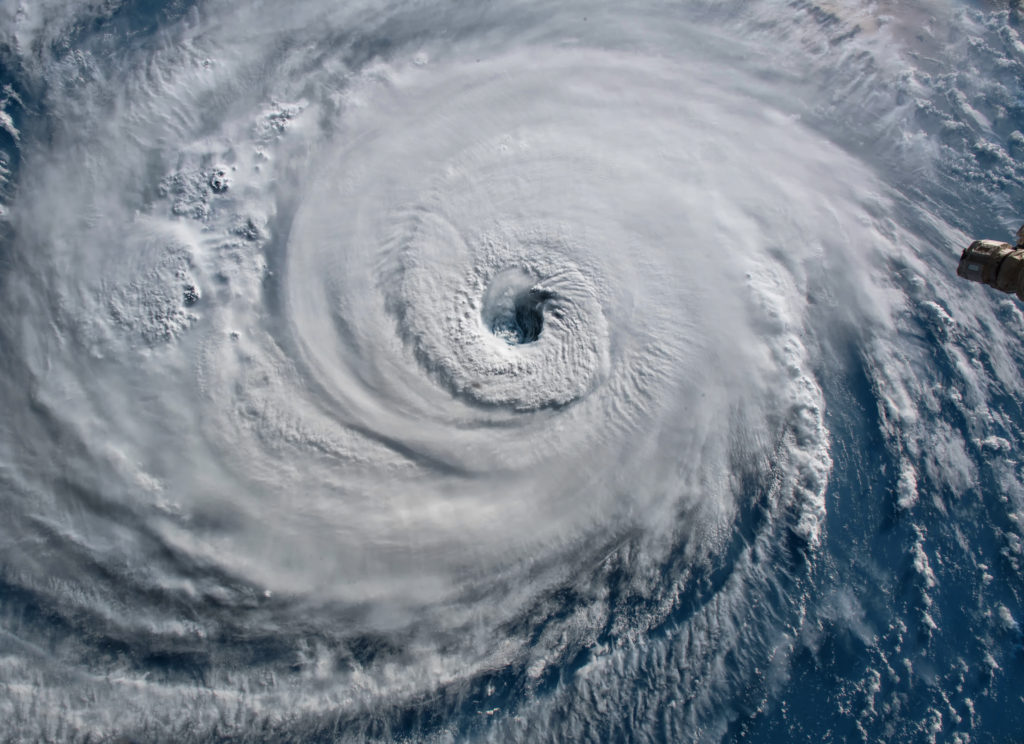August 27, 2020
Animals: Climate Change’s Other Victims

Lately, I find the news exceedingly depressing: so many stories of illness, death and destruction. Adding to the long list of heartbreaking news in 2020 has been the long-expected catastrophes caused by climate change. As I write this, two hurricanes are headed toward landfall in the U.S. one, Marco, has been downgraded, but the second, Laura, is being described as “unsurvivable.” It occurs to me that if humans won’t survive it, neither will animals. Just last January, Australia’s bushfires were estimated to have caused the deaths of over one billion animals.
Well beyond the horrific images of burned Koalas and starving polar bears, the effects of climate change on animals is profound. Here are just a few examples:
- Hurricanes generate strong winds that can completely defoliate forest canopies and cause dramatic structural changes in wooded ecosystems. Animals can either be killed by hurricanes or impacted indirectly through changes in habitat and food availability caused by high winds, storm surge and intense rainfall. They destroy bird nests, kill hatchlings and disrupt bird migrations — leading to death.
- Warming temperatures are driving many species to move to higher latitudes in search of cooler temperatures; however many are already at their northern limits. Animals such as caribou, snowy owl and arctic fox cannot move further and are consequently losing their natural habitat.
- Warmer temperatures allow insects, such as ticks, to migrate to new areas. Disease that was never experienced before can spread to humans and animals, including the family dog.
- Warmer temperatures cause greater winter precipitation, which can affect many species. Increasing precipitation means deeper snow, which can make it difficult for animals like deer and elk to forage for food.
- The warming of waters causes the loss of vegetation and coral, which impacts the sea life that requires vegetation as a food source, and breaks the food chain for animals and people who rely on sea life to survive.
- As humans seek refuge during natural disasters, sometimes they are forced to make the unimaginable decision to leave their companion animal behind — possibly to die.
For me, the challenge is that I don’t always know what to do about the climate crisis. I believe in individual action and its importance, but the scale of the calamities and their causes simply seems too big for individuals to confront. Mostly, it probably is. Only governments truly have the ability to make the massive changes that will be required to save the planet and its human and animal inhabitants.
So, maybe I do know what I can do — what we all can do. We can demand government action on climate change. And we can vote.
Bruce Roney
President & CEO
